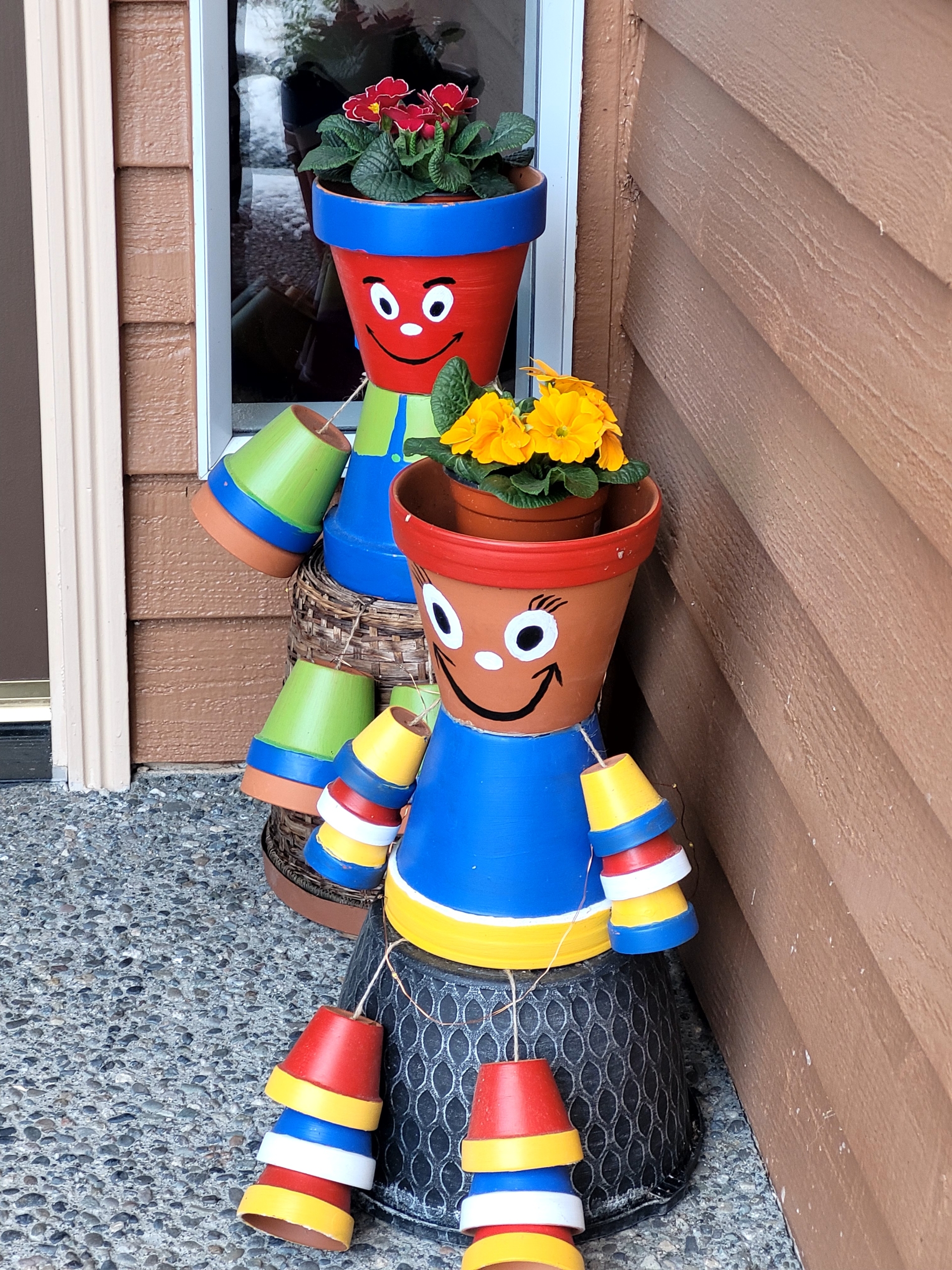Happiness & the Art of Learning It!
When you were little and the teacher asked what you wanted to be when you grew up, you surely didn’t answer “miserable!”
At every stage in life, unhappiness is not a state to which we aspire. But with the economy being as it’s been in the last few years and all the many challenges that many people have faced in light of that, the vision of our own prosperity can seem like a tiny, inflatable raft in an ocean of fear. In such unstable times, the pursuit of happiness can feel like a taunt rather than an inalienable right.
Still, it’s worth the effort. Emerging research shows that while trauma has a profound impact on the brain, the brain is not as hard-wired as previously thought. We can learn to be happier. In fact, the most popular class at Harvard University is one in which students learn to train their brains to cultivate what instructor Tal Ben-Shahar calls the ultimate currency: happiness.
Why Happiness Matters
Medical evidence suggests being unhappy affects our memory and our capacity to learn, while increasing the risk of illness.
On the flip side, happier people are more likely to:
* be more creative, confident and productive.
* have a stronger network of allies and friends.
* be sick less often and get well faster.
Being stressed out naturally ties in with being unhappy. When you are feeling stressed and are distressed from external and internal events, it’s hard to feel happy or connect into your innate feeling of joy.
How to Support Your Own Happiness
If you would like to train your brain for happiness, consider some of these ideas:
Decide that you want to be happier. When you make that decision, you start to notice choices for happiness that you may have missed before. Those choices may be small, such as lying down for 10 minutes when you’re tired rather than powering through a task, but you start to create a habit of seeking happiness that grows.
Acknowledge your feelings. When you feel distressed, don’t make it worse by beating yourself up for being upset. Do your best to accept your feelings. When you give your feelings respect and attention, they usually begin to shift on their own, and you start to feel better.
Work with your thoughts. If you’re having thoughts that are hurtful to you, try reaching for a better thought or scenario that you can actually believe. For instance, if you’re worried about losing your job, recall something stable in your life, whether it’s your partner’s income or your healthy savings account. When your mind returns to the worry, bring it back to the better-feeling thought.
Celebrate success. Whether it’s the achievement of a major goal or a week when your children got along, take in the accomplishment, and give yourself and your children a pat on the back.
Seek meaning. Happiness comes from doing something that gives us pleasure and meaning. If your job doesn’t provide that, find something that does. It could be a hobby, volunteering, taking a course, or allowing time to read a book or cook something tasty.
Express gratitude. Be grateful for everything that makes your day better, from a colleague’s smile to your morning latte.
As you practice happiness and make it a habit, you are also releasing stressful thoughts and feelings, which brings you to a lovely upward spiral that will support you through challenging times.
Would love your comments regarding this article!
Share this post




Great article on happiness, Jackie! Your words are so true and right to the heart of the matter!
Hi Joanne, Thanks for the comment! Yes, we can support our own happiness when we consciously decide to, eh?